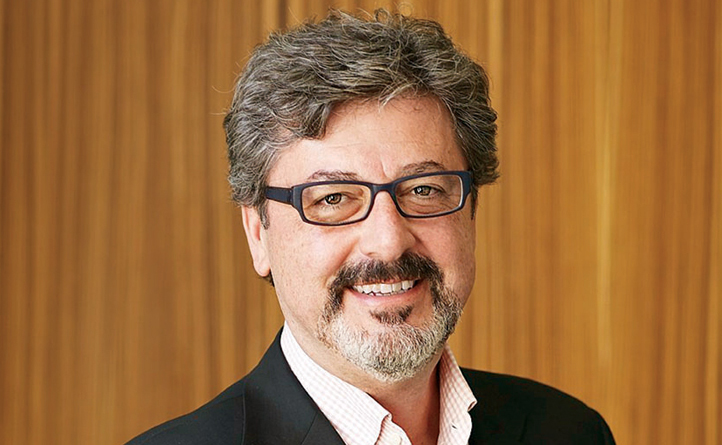
The Decade to Come
November 1, 2010
Author: Aldo Cundari
Publication: Strategy
Let me start by saying that history is riddled with nutty predictions by far more informed and scholarly individuals than me.
Predicting the future impact of inventions and new concepts on our everyday life can be daunting. And even more so is the attempt to predict how we as marketers are going to create impact for our clients and their brands in the coming years.
Consider these historic pronouncements:
“This ‘telephone’ has too many shortcomings to be seriously considered as a means of communication. The device is inherently of no value to us.” – Western Union internal memo.1876
“I think there is a world market for maybe five computers.” – Thomas Watson, chairman of IBM.l943
“640K ought to be enough for anybody.” – Bill Gates.l981
Knowing that some of the most profound thinkers of the last 150 years occasionally got it wrong is the only reason I will venture to stick out my neck here in futurist territory. I believe that the errors we make in predicting the future are rooted in, and driven by, how we apply what we know today.
Marshall McLuhan, when explaining why we’re not better predictors of the future, said, “I don’t know who discovered water, but it wasn’t a fish.” When you’re immersed in the context (today), there is no other reality to compare it to but the past.
I believe that’s a good discussion starting point: how do we move into the future given the major changes that have already overwhelmed our industry over the last few years? Knowing what we know today isn’t the predictor of where
we are going to be tomorrow, as Alan C. Kay, founding principal of Xerox PARC said, “The best way to predict the future is to invent it.
Take, for example some of the ideas that reshaped our marketplace. Even though there were related aspects of existing technology, the innovation completely defined something new that we didn’t even know we needed. Like the telephone and computer of our past or the smartphone and iPad of today, the conventional thinking was, “Why do we need it?”
When predicting the future it is better to change the context in which the exercise is presented. Removing the “Why do we need this?” question from the process is probably a great place to start.
Next, our need to communicate with one another has driven a great deal of what’s around the corner, which is why I think profound insight into consumer understanding is the road map to get there. I believe that technology-driven,
non-intrusive personalized communication tools will dominate our industry. In recent days I have seen the development of in-store Wi-Fi customer opt-in solutions quietly being tested. If we as marketers are not at the forefront of pioneering or inventing the way to interact with the new consumer at retail, we will be left behind. Remember, don’t ask why.
As the world becomes more and more connected on an intuitive level, the need to understand the individual and their ongoing changes in attitude and desire become the only constant approach that will hedge the success of any communication Initiative.
There are examples of this innovation already in market, organizations like
Media6Degrees and the radical approach they pioneered for ad targeting – tapping the power of social targeting and using social data to create custom audiences based on existing customers. This innovation has outperformed all of the old methods by building audiences using brand loyalists.
It is this “carpe diem” approach that is their predictor of the future. We need more agencies and organizations like Media6Degrees, willing to put it all on the line to forge the future.
Without innovators that create what’s to come, we will always be living in the past and battling for what is safe.
This, of course, is not easily done: first you need an organization filled with bright, creative, intelligent nerds. Don’t get talent with skills … get innovative talent that has learned to gain skills.
The creative group must be staffed with conceptual thinkers that embrace change and work with expediency. These individuals will always put a premium on great ideas that cut through.
In the end, all you can count on is that change will be the only constant and talent that embraces it will be your only guarantee.